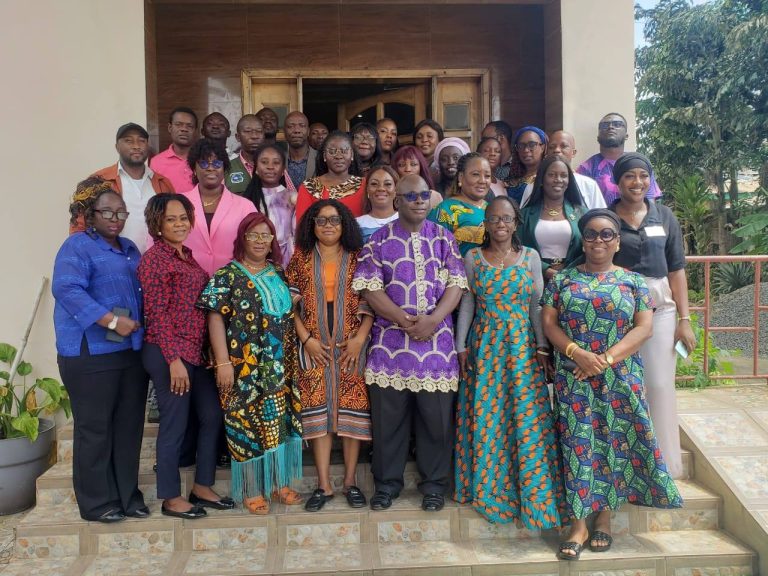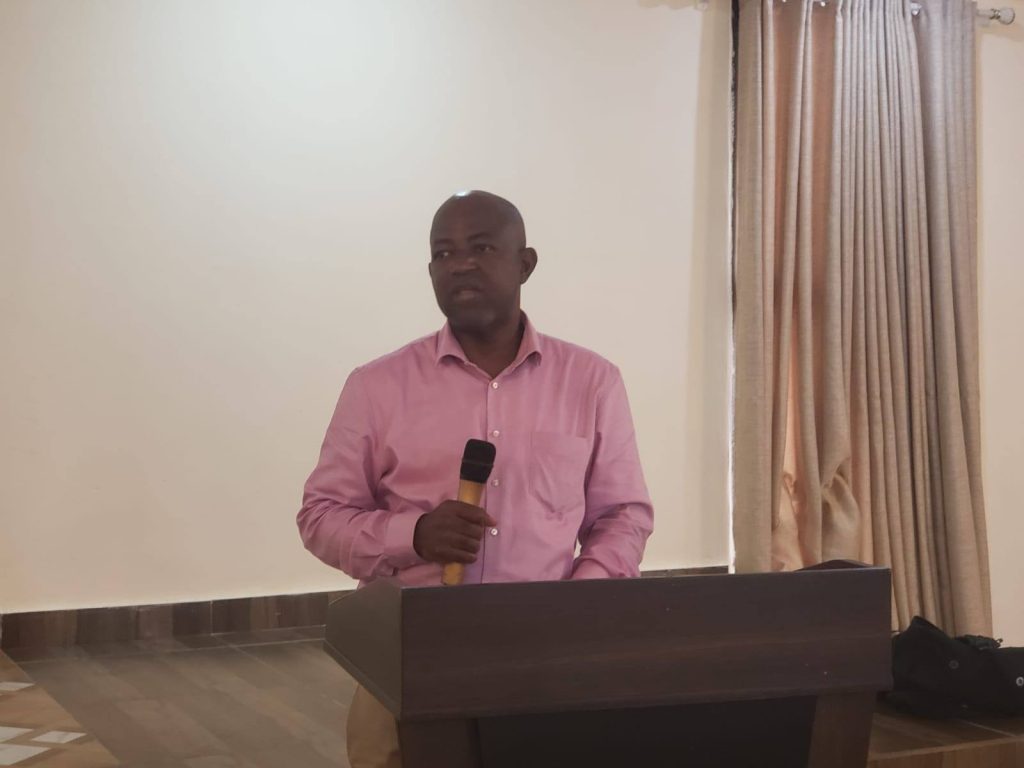Posts Categories
Latest Posts

Monrovia, Liberia – October 21, 2025_The Environmental Protection Agency of Liberia (EPA), with support from UN Women and other partners, on Tuesday, October 21, 2025, began a two-day validation workshop for Liberia’s Climate Change Gender Action Plan. The event, taking place at MUSU’s Spot in Congo Town, brings together representatives from the EPA, Ministry of Gender, Children and Social Protection, UN Women, and other stakeholders.
The workshop aims to review and validate the revised Gender and Climate Change Action Plan (GCCAP), ensuring that it reflects the current realities facing vulnerable groups, especially women, children, and persons with disabilities, amidst the growing impact of climate change in Liberia.

Speaking on behalf of EPA Executive Director, Dr. Emmanuel Urey Yarkpawolo, Professor Benjamin Karmorh, Chief Technical Advisor to the EPA ExecutiveDirector, welcomed participants and underscored the importance of gender inclusion in climate action.
“Climate change has been identified as a major threat to human development, and Liberia, being a least-developed country, continues to experience its severe effects across various sectors such as agriculture, water, forestry, and energy,” Professor Karmorh said. “Women, children, and persons with disabilities remain among the most vulnerable, and this plan seeks to address their specific challenges.”
He highlighted that Liberia has long been an advocate for gender inclusion in climate policy, noting that as far back as 2008, the EPA called for gender to be part of international climate change discussions, a move that later led to the adoption of the Lima Work Programme on Gender in 2014.
Prof. Karmorh explained that the first version of Liberia’s Gender and Climate Change Action Plan was developed between 2012 and 2013 and has been in use for more than a decade. However, he emphasized the need for an updated plan that captures emerging issues and strengthens efforts to mainstream gender in all climate-related interventions.
“The EPA, through the leadership of Dr. Yarkpawolo, has recognized the gaps in the existing plan and, with support from UN Women, is working to revise it. This updated document will ensure that gender remains central in our national climate actions,” he said.
He also encouraged participants to give their full attention during the validation process, stressing that effective implementation of the action plan will require not only sound strategies but also adequate financial support.
“As we deliberate over the next two days, let’s focus on identifying key actions and ensuring that they are feasible, funded, and well-coordinated,” Prof. Karmorh urged.
In her remarks, the EPA’s Gender Coordinator, Madam Grace Biah, described the validation process as a national duty that will shape Liberia’s inclusive approach to climate action.
“This document is not just for the EPA; it is for the Liberian people, particularly women, children, and persons living with disabilities,” Madam Biah said. “We are here to ensure that this updated plan speaks to the current realities of our country and that every sector understands its role in implementation.”
She added that the workshop will include presentations of the draft plan, technical group discussions, and a final endorsement to ensure that the plan is practical and ready for implementation over the next five years.
Representing UN Women, Dr. John S. Smith commended the EPA and partners for their collaboration and emphasized the importance of producing a comprehensive and inclusive document.
“We want this plan to represent the collective input of all stakeholders,” Dr. Smith stated. “As we validate this document, let’s open our minds to ideas that secure not only our future but also that of our children and generations to come. Climate change is real, and addressing it through a gender-responsive lens is crucial.”
The two-day workshop is expected to conclude on Wednesday, October 22, with the presentation and endorsement of the revised Gender and Climate Change Action Plan, marking another important step in Liberia’s efforts to build resilience and promote inclusivity in climate governance.
